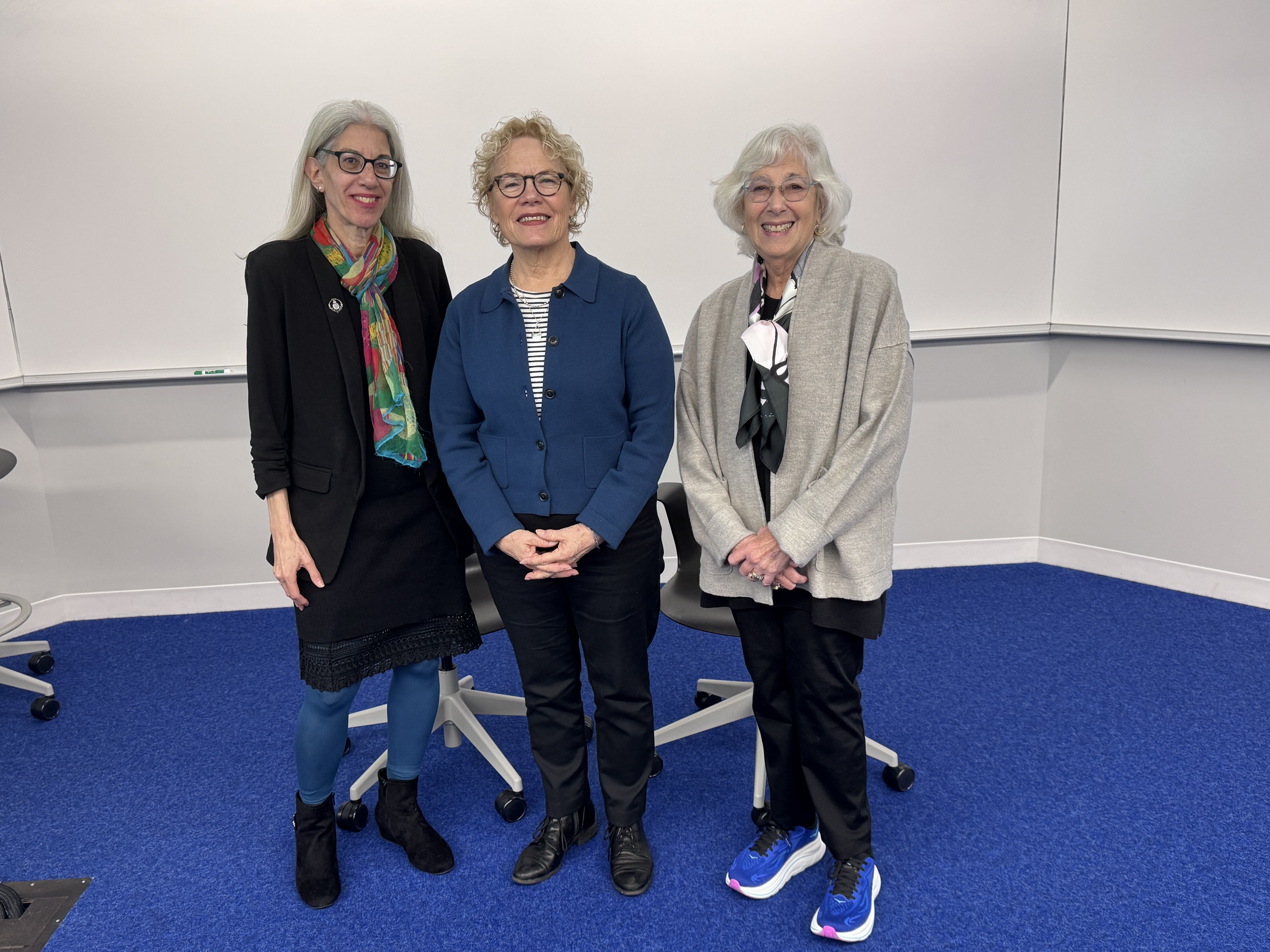At this year’s Geiger Gibson Program Distinguished Visitor presentation, Mary Ann Zelazny, MBA, Chief Executive Officer of Finger Lakes Community Health in Penn Yan, New York, offered an inside look at the complex realities facing rural communities and the health centers that serve them.
Drawing on more than three decades in community health—beginning as a bilingual community health worker and rising to CEO—Zelazny described both the progress and the persistent challenges of providing care in sparsely populated regions. Finger Lakes Community Health now operates nine sites serving a diverse population of approximately 30,000 patients annually, including thousands of farmworkers and families who face barriers such as language access, transportation, and housing insecurity.
Zelazny, who also leads statewide and national work to support rural and farmworker health, highlighted the interdependence of rural economies and health systems, noting that agriculture remains a vital but fragile foundation for many upstate New York communities. Yet even as community health centers expand their reach, rising costs, changes to federal policy, and workforce shortages strain their capacity. “When one program fails in a rural area,” she said, “there’s often no backup.”
Despite these challenges, Zelazny emphasized innovation and collaboration. Her organization was an early adopter of telehealth, supplementing on-site primary care and extending access for patients who otherwise could not see specialists. She also emphasized the importance of partnerships among local service providers to address intertwined issues of food access, mental health, and chronic disease.
Respondent Sara Rosenbaum, JD, Professor Emerita of Health Law and Policy, called Zelazny’s remarks “a master class in what it means to be a community health center,” noting that such centers are “not simply providers of healthcare, but anchors of community well-being.”
Held October 28 in the Milken Institute School of Public Health, the discussion underscored how community health centers remain vital lifelines—innovating, adapting, and advocating to meet the health needs of America’s underserved communities, especially in rural areas.
About the Geiger Gibson Program:
Established in 2004 and housed within the Milken Institute School of Public Health at The George Washington University, the Geiger Gibson Program in Community Health is named in honor of Drs. H. Jack Geiger and Count Dillon Gibson were pioneers in community-based health care and civil rights advocacy. The program serves as the academic home for community health centers nationwide and focuses on how policy can advance health equity—particularly for medically underserved rural and urban communities. The annual Distinguished Visitor program is a signature event that provides the School community with an opportunity to learn from renowned practice and policy leaders in community health.
###


